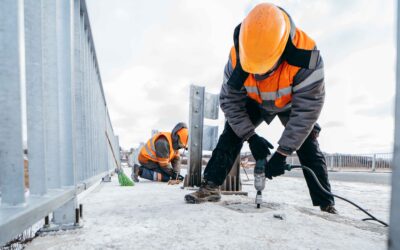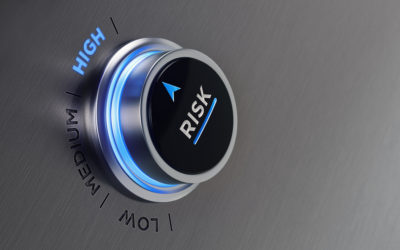IF A NATURAL disaster were to strike, would your company be ready? Has your management team hardened the business to continue operating in case of a disaster?
With natural catastrophes growing in number and severity, businesses need to have in place plans for a quick recovery should their operations be affected.
Here are some tips to ensure the survival of a small business in the event of a disaster:
As mentioned, a significant percentage of COVID-19 workers’ compensation claims have been rejected. For example:
- In California, which has a law that extends the presumption that a case was contracted at work for anybody working on-site, 26% of the 93,470 COVID-19 claims filed in 2020 were denied In Texas, which has no presumption for COVID-19, 45% of the 32,000 related workers’ comp claims were denied, despite those workers testing positive.
- In Florida, which has given front-line workers who are state employees a presumption of eligibility, 22% of state employees’ coronavirus-related workers’ comp claims were denied last year, compared to 56% of cases for workers in the private sector. The NCCI also noted that fewer than 2% of COVID-19 workers’ compensation claims cost more than $10,000.
Payouts lower than expected
Another factor is that even COVID-19 claims that were accepted, often did not end up costing the insurers as much as they expected to pay out because the majority of infected workers did not require any hospital stays or treatment.
Insurers also say that many claims were likely never reported in the first place, particularly when workers had mild or no symptoms.
The takeaway
Above all, though, use your judgment, critical thinking skills and work through the different contingencies that may affect your organization.








